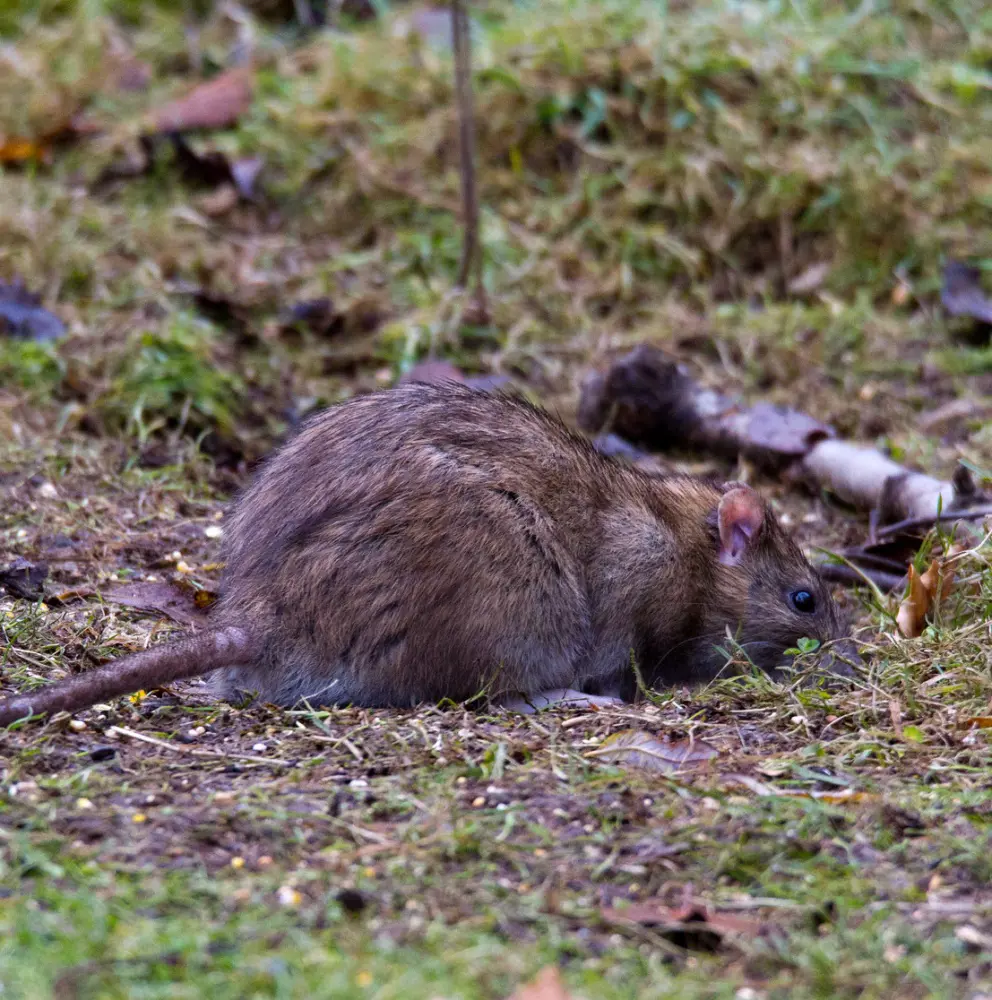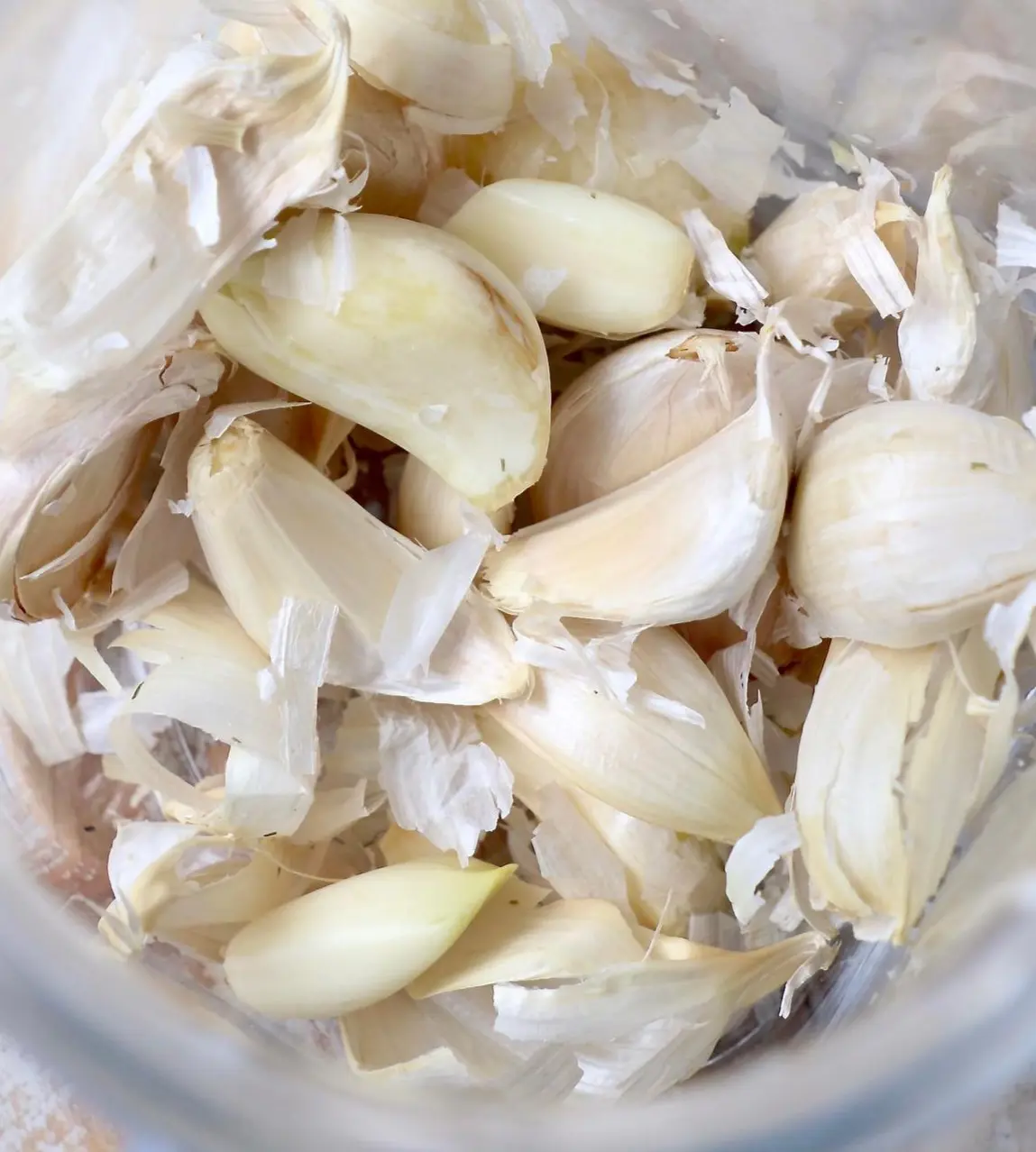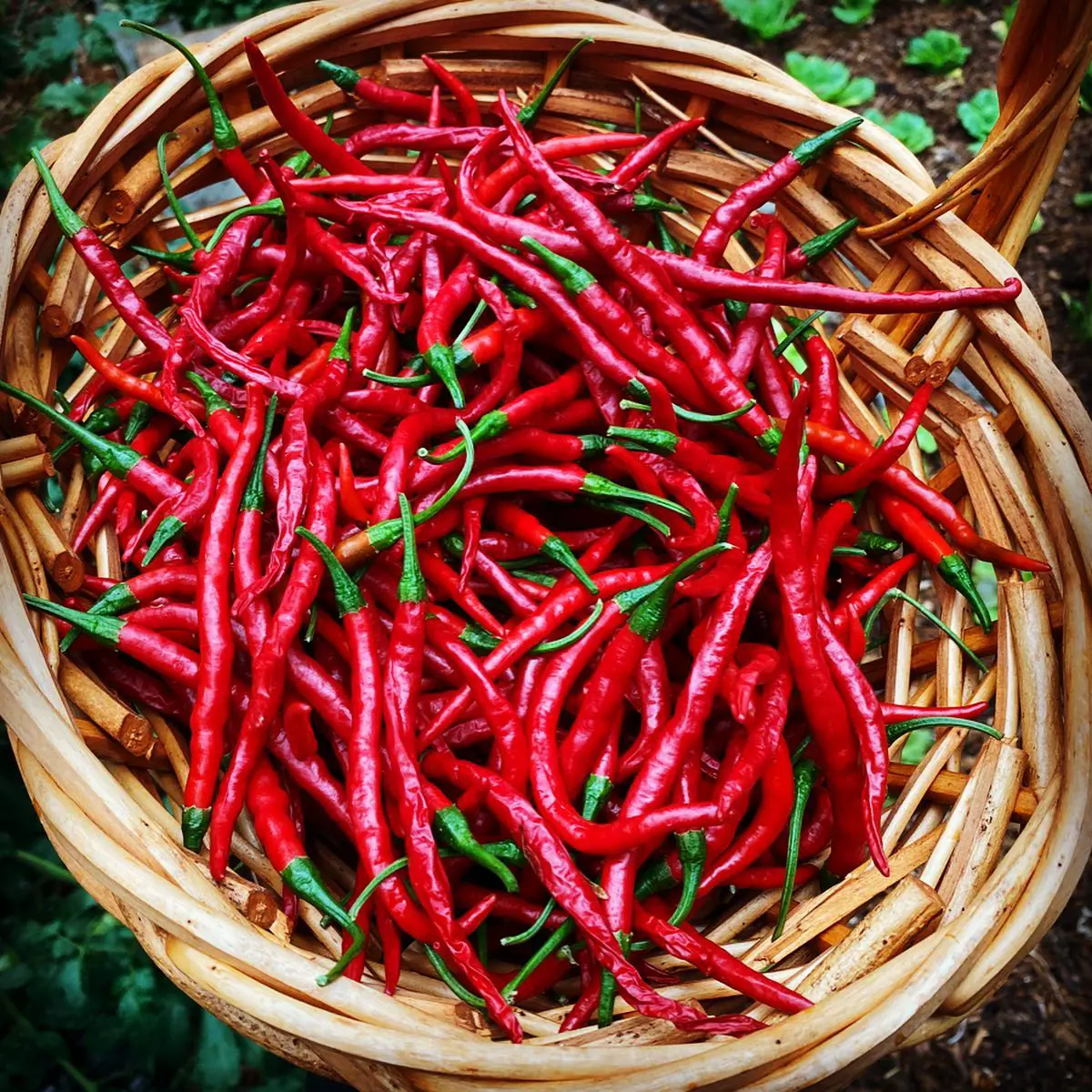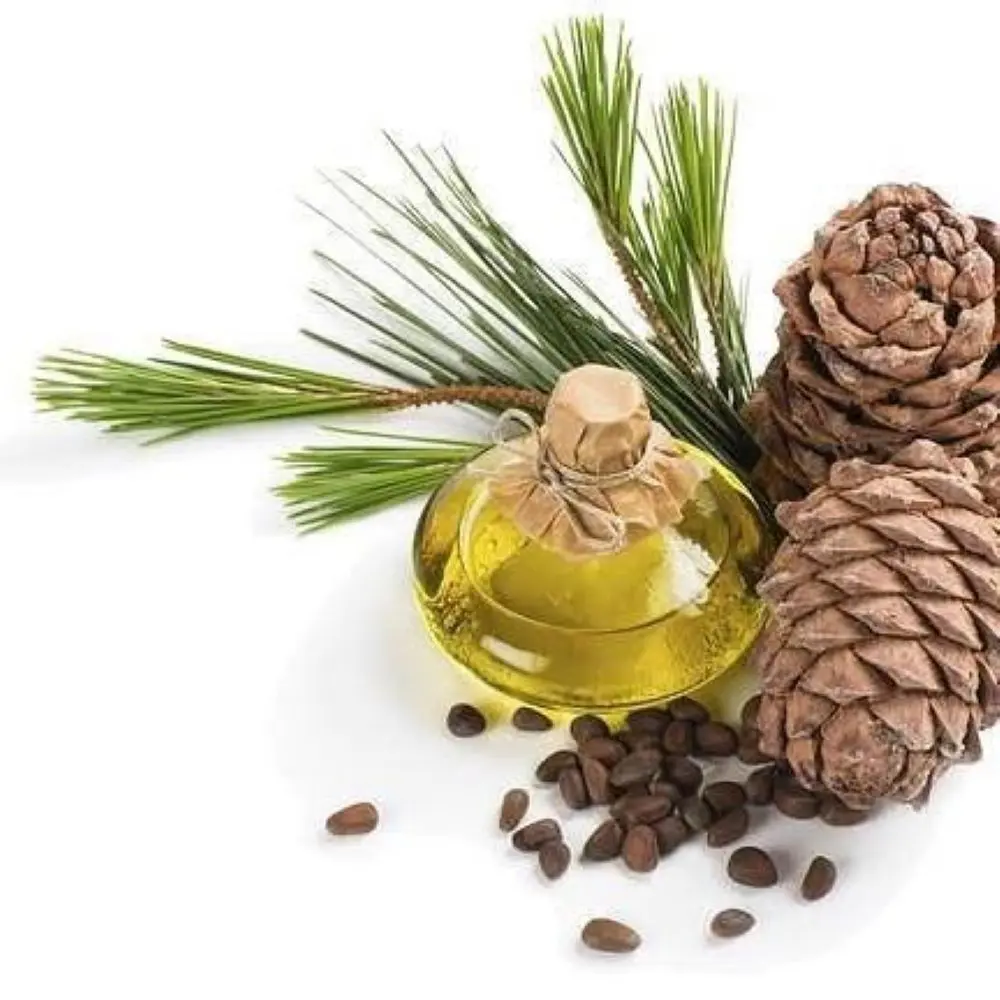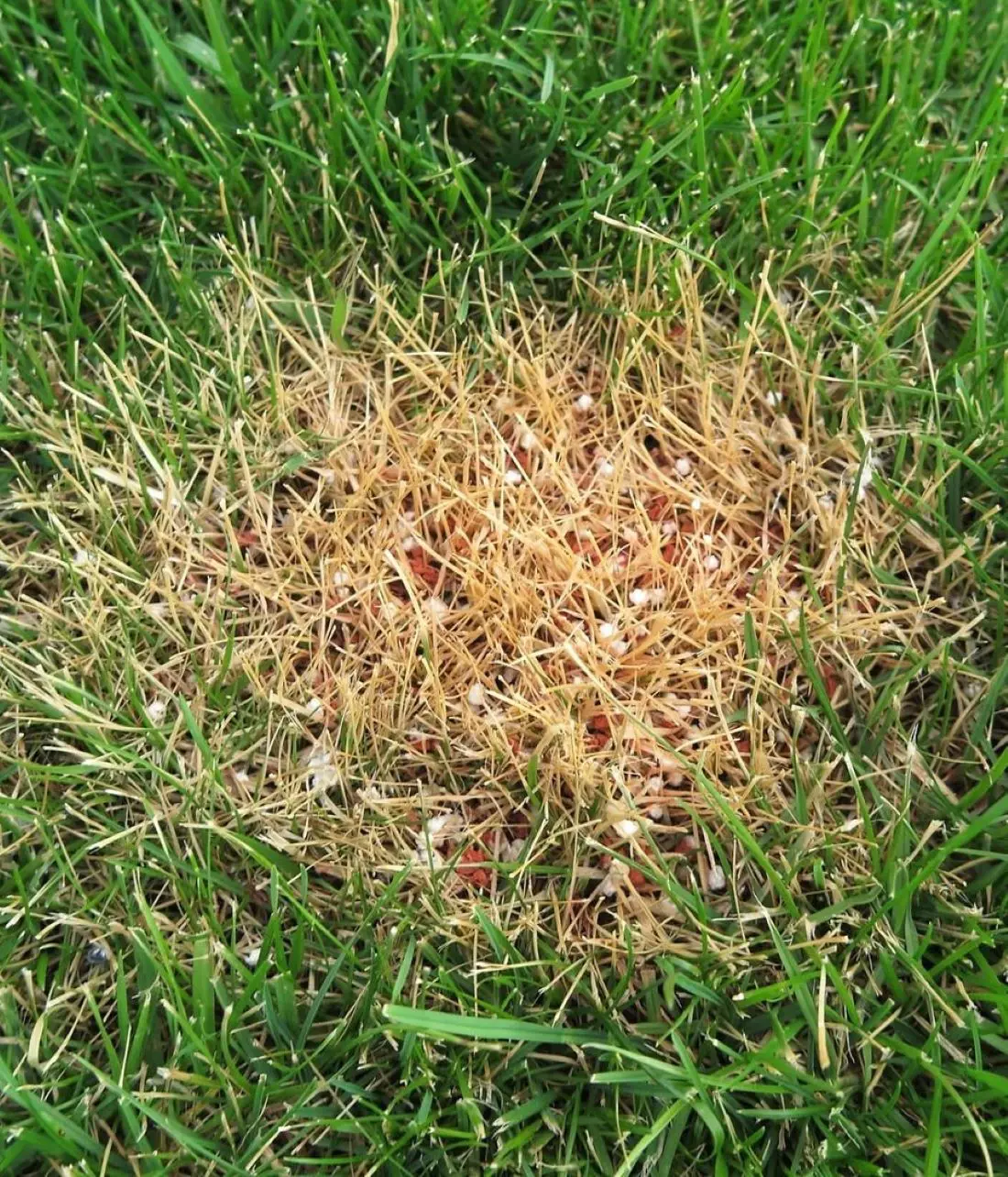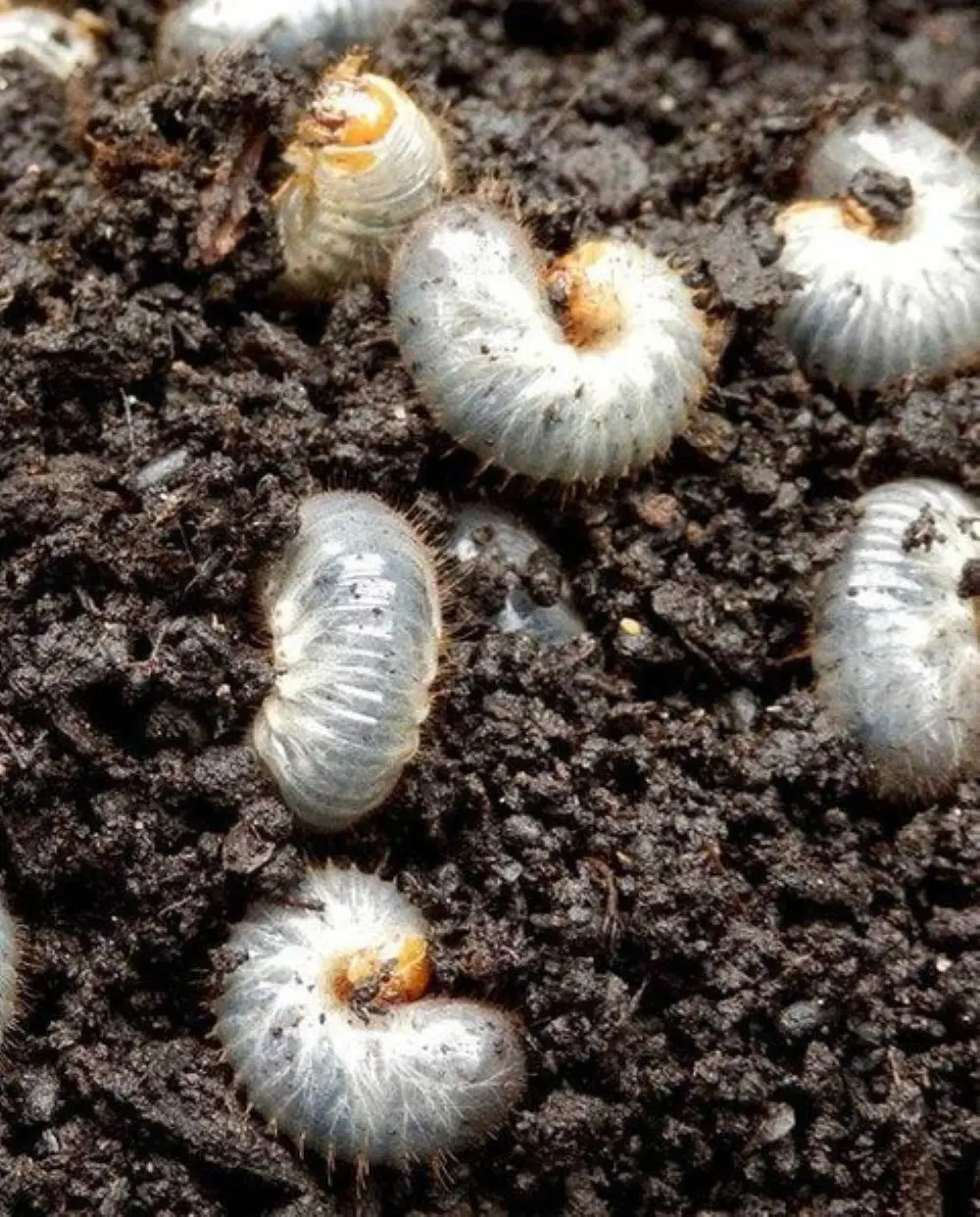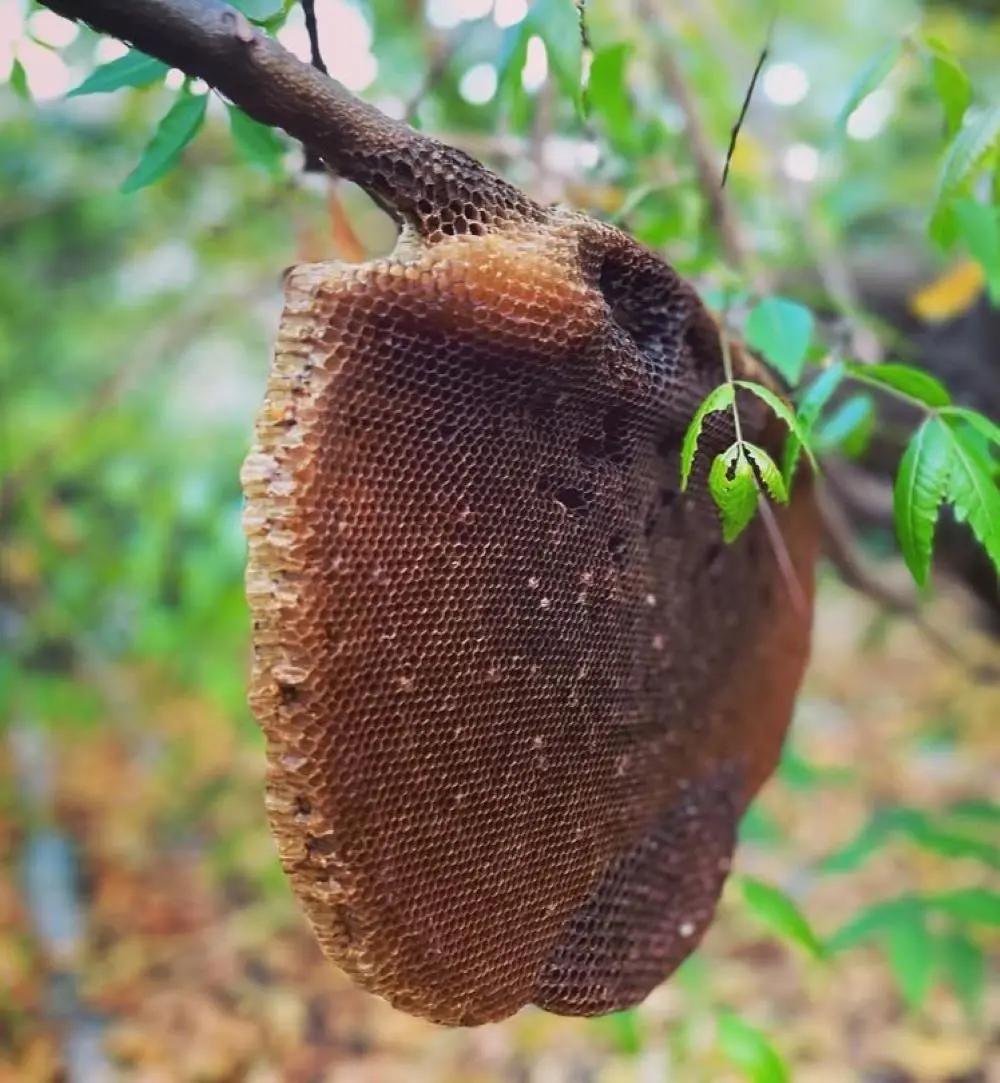Like smells, the use of various sounds can effectively scare rats away. So, here are a few types of sounds that rats generally dislike:
Ultrasonic Device/Sounds
Some people believe in the efficacy of ultrasonic devices, some don’t. Whether you are the former or latter, these devices were invented to release ultrasonic sounds that drive away rats and other household insects like cockroaches. They release a high-pitched sound of over 20 kilohertz that humans cannot hear but rats can.
The high-frequency sound wave disrupts their navigation and communication. As a result, these furry animals may stay away from places with such noise. However, researchers claim these devices are a short-term solution because the rodents become accustomed to the sound. They are unable to keep the rats away in the long run.
Loud and Sudden Noises
When we see a rat, our initial reaction would be to yell at them. We do this to scare them off and this does work because the rats will scurry to their hideouts. Any living thing would be frightened if they heard loud sudden noises and rats are no different.
For instance, if someone screamed in your ear when you least expected it, you would be startled. Similarly, if the rats were doing their own thing and heard you clap, yell, or stomp your feet suddenly, they would scuttle away in fear. Loud and sudden noises signal danger and trigger their instinct to flee or hide. Heavy Machinery
The sound of heavy machinery is another thing that sends chills down rodents’ spines. Construction equipment, vehicles, and industrial machines are deafening to rats, who have a far better sense of hearing than humans.
And let’s not forget the resulting vibrations from these machines, which are intolerable to humans as well. These sounds and vibrations signal danger and instill fear, causing the rats to search for a safer and quieter place to habitate. They will avoid areas where such noise is prevalent.
